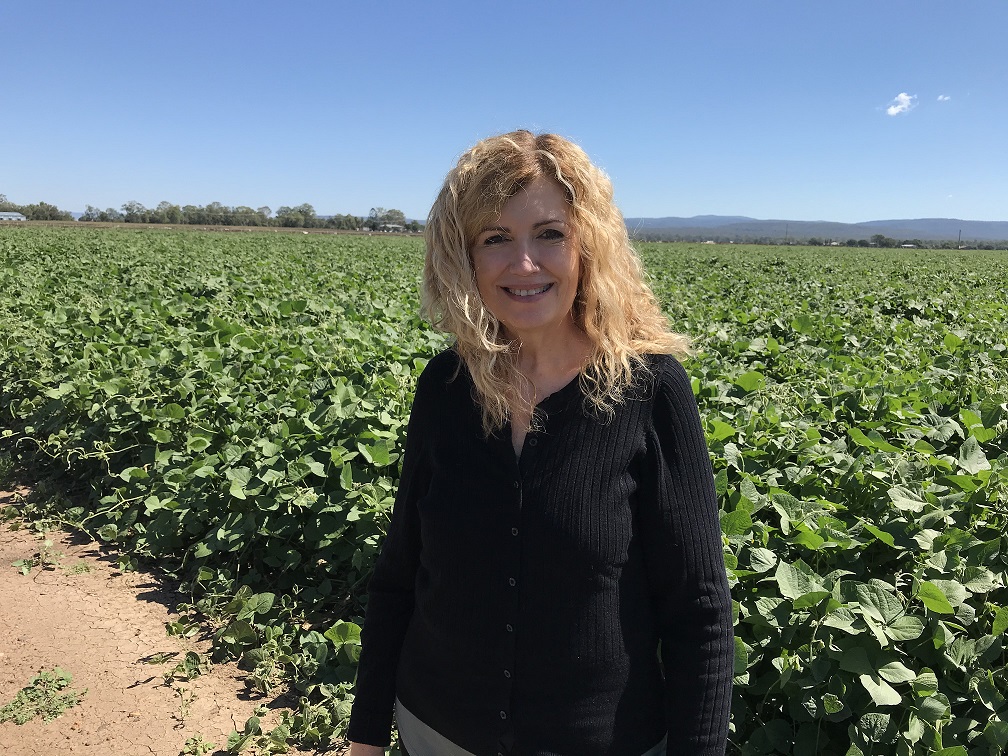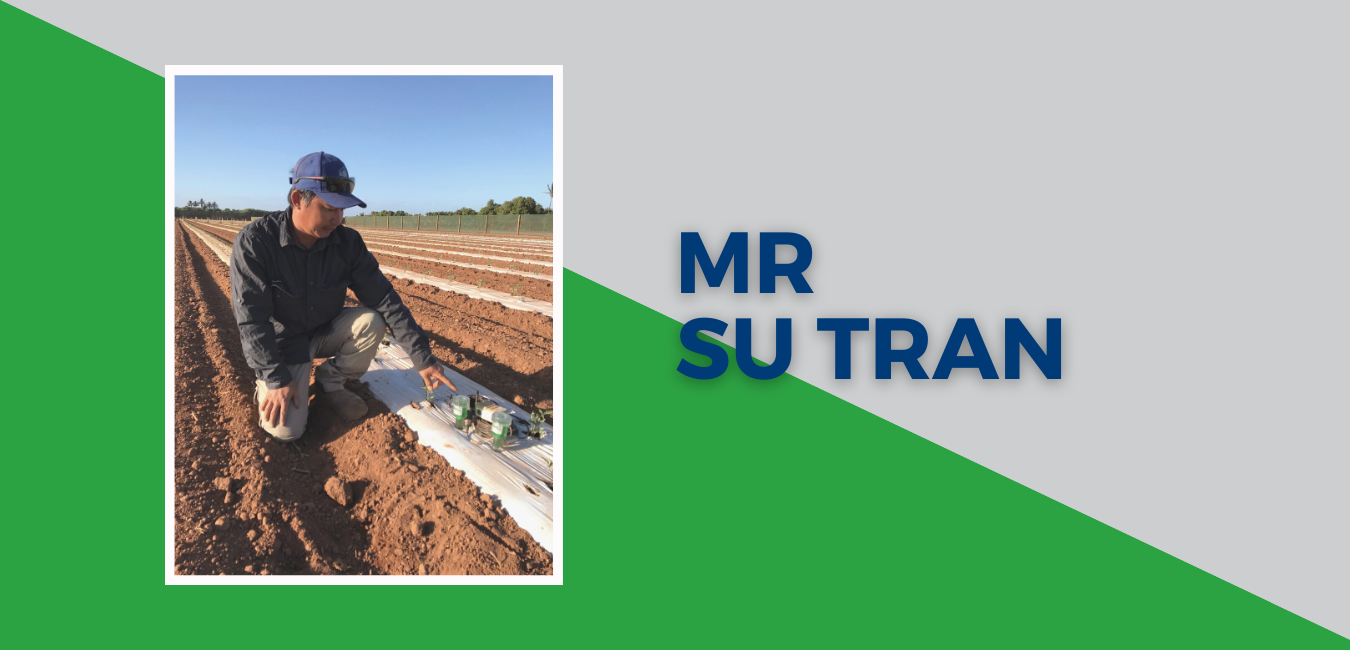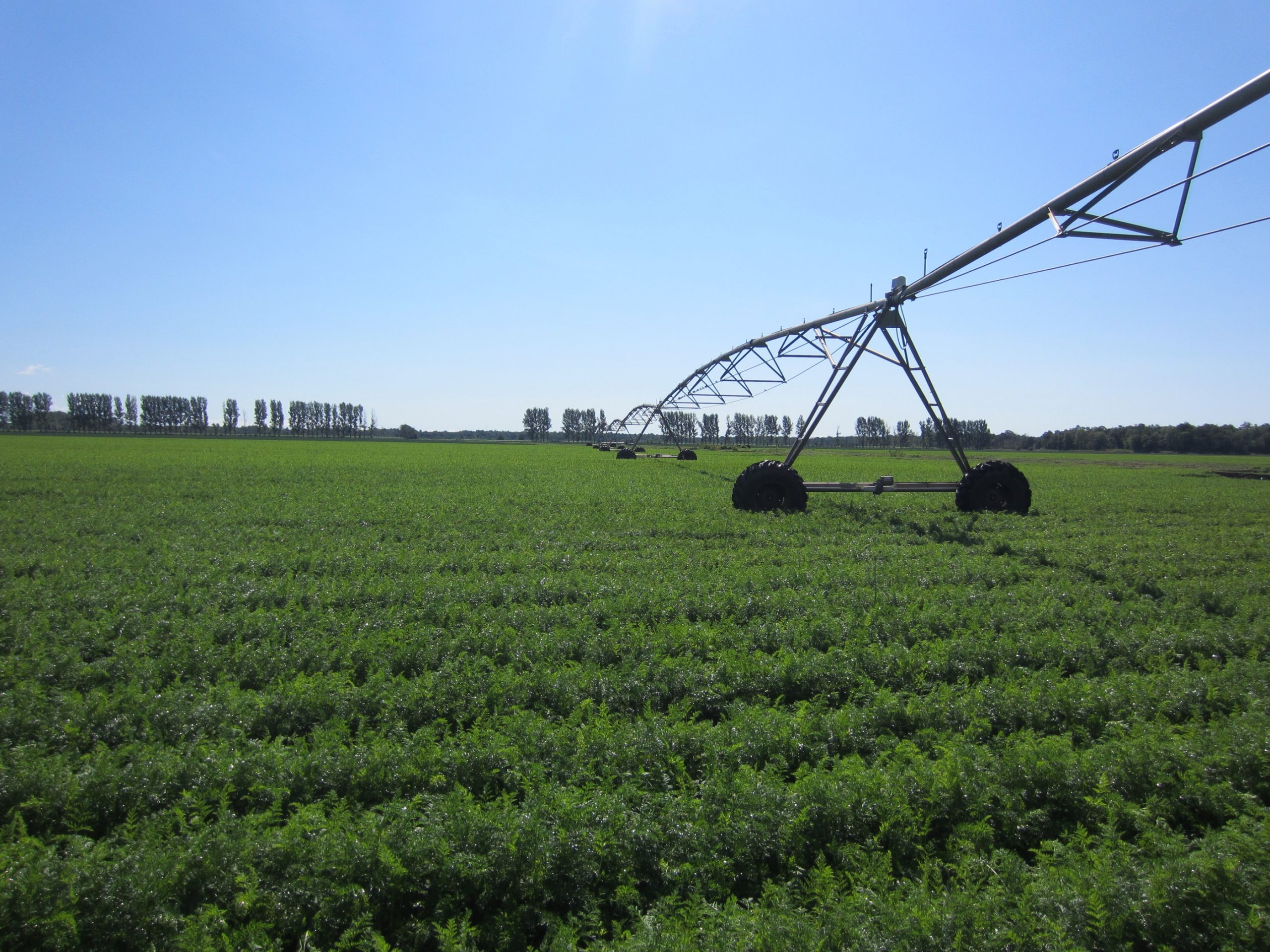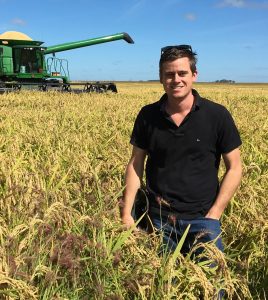
Introducing Michelle Flowers
20 May 2021
Meeting ‘Mr Su’: A leader in the west’s Vietnamese veg growing community
20 May 2021Works at: West Pine Ag
Rob Arvier is Director at West Pine Ag, a mixed farming enterprise based near Penguin on Tasmania’s north-west coast. VegNET – Tasmania Regional Development Officer Ossie Lang sat down with Rob to discuss business challenges and how its overcoming these through self-investment.
Can you please give me a brief overview of your business and the produce that you grow?
West Pine Ag farms approximately 250 hectares with a range of irrigated crops. Our crop rotation is around 80 per cent vegetables with 20 per cent cereals and poppies. Our vegetable crops include potatoes, carrots, onions, peas and a range of brassicas. Our potato cropping is a joint venture with Simplot Farming and the other vegetables grown as a joint venture with Troy Wright Holdings (TWH). We also have a small cattle herd, but they are mostly utilised as a management tool.
What challenges do you face as a vegetable grower?
Mainly the consistency in agronomic advice and technology across the industry. This has often meant that you can be nearly back at square one each season, with new tech platforms or staff rotation each year. We would love to see a higher standard of training and retention across the industry in general.
While we have been able to check and record data from our field sensors, it has been difficult to get support in how the data can be translated into action. This is partially linked to advice but is often due to differences in the data gathered and the format in which it is gathered.
How do you manage these challenges, or try to overcome them?
We are tackling these challenges by investing in ourselves. We are investing in sensors that we can retain for longer in place. That will give us more consistent data (that we own) across seasons rather than have it supplied to us by a third party. This will help us in acting on the data we receive in a beneficial way. We are also investing in irrigation technologies, and looking at alternative agronomic advice methods with a strong focus on a consistent approach to issues across crops and seasons specific to our farm.
What new innovations, research and/or practices has your business implemented recently?
Most of our new adoptions have been more infrastructure based around automated irrigation, energy (VSD’s) and sensors. The main innovation we have implemented is the integration of the JD Link system from our contractors (TWH) tractors and our farm management software, Ag World. This has been excellent in retrieving data from the tractor for the farm management software, but also to feed information out of the software back to the tractor. In time, this will mean it is possible to measure crop performance directly against budgeting and accounting software.
How do you maintain your disease resistance and ongoing sustainability of the farm?
Traditional crop rotation methodology, along with chemical resistance management, is in place, but we would like to become a lot more active in integrated pest management strategies moving forward. Getting a consistent approach to management and an overall ‘helicopter’ view of the property has been difficult for us but will be improved with some of the changes we are looking to implement. This has made a consistent approach to resistance difficult to implement.
We have some ongoing sustainability projects for Landcare Tasmania and carbon offset project work. We have also been revegetating some of our new land acquisitions that are not suitable for cropping or grazing in a sustainable manner.
Another key in our sustainability focus is the use of a pelletiser to process crop stubble and transform it into a useable fuel source for low carbon heat or energy generation. Our goal is a to become a net zero emissions business, and transforming the stubble into a product for us to offset our own energy use on-farm is an important piece of achieving that goal.
In terms of research and development, what do you think is vital to the vegetable industry right now?
I think addressing crop losses is a vital thing for research to focus on. At the moment if a crop is profitable, we (industry) aren’t too worried about what the losses along the value chain may be. We should be ensuring that when we grow a hectare of crop, every square metre is valued by the end consumer. Maximising the use of a crop can effectively increase production without growing any more or using additional resources.


